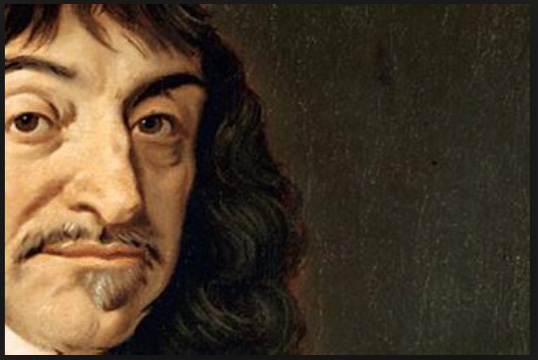René Descartes
"If you would be a real seeker after truth, it is necessary that at least once in your life
you doubt, as far as possible, all things." – Descartes
Descartes became one of the most influential thinkers in human history and is sometimes called the founder of modern philosophy.
Born on March 31, 1596 in La Haye, France, he attended college at La Fleche, a Jesuit college in Anjou. Following that he spent the two years in Paris studying mathematics and was introduced to fashionable French society. Then he studied law in Poitiers, but in 1617, set out for the Netherlands, volunteering in the Dutch army.
After travelling in Europe for eleven years he settled in the Netherlands in 1628, completed two more years of education, however, he later claimed that most of his formal education provided little of substance, claiming that only mathematics gave him any real knowledge.
Descartes major philosophical work, "A Discourse on Method, Meditations on First Philosophy" was published in 1641. This was the year before Galileo died and Isaac Newton was born. Traditional ideas were being questioned at that time, and he sought to develop a method for reaching the truth. His method of systematic doubt had an great impact on the development of philosophy.
Descartes introduced the now famous Latin phrase "cogito ergo sum," which, interpreted is, "I think, therefore I am."
In addition to his philosophical achievements, Descartes was an outstanding mathematician, the inventor of analytic geometry. He attempted to devise the simple universal laws that governed all physical change.
A brief look at one of the original scientific philosophers, René Descartes
AlexanderDESIGN
4851 N. Washtenaw Ave., Chicago, IL 60625
773.271.0318
last update 4/14/16
